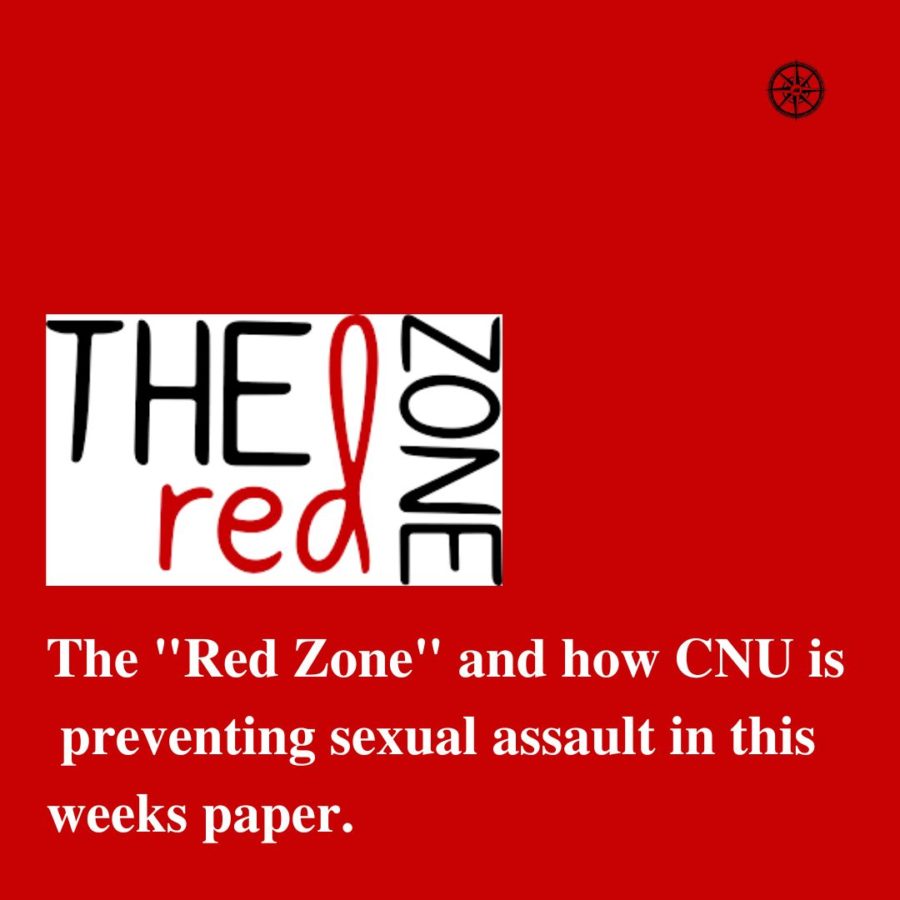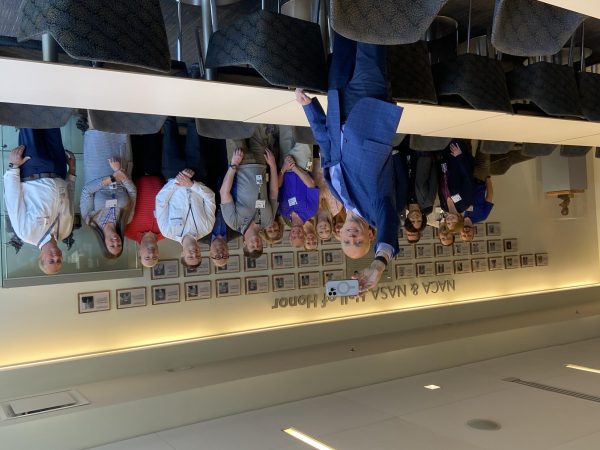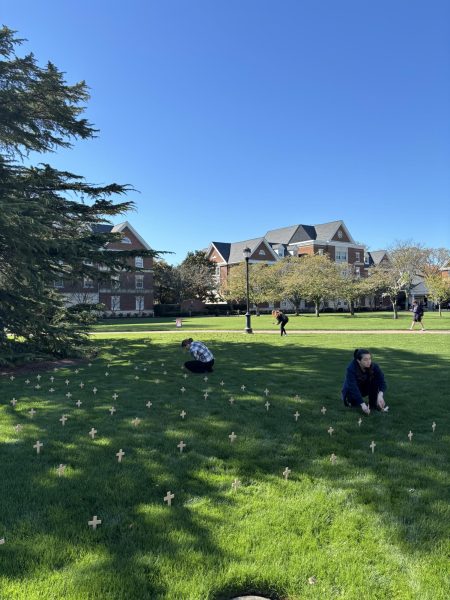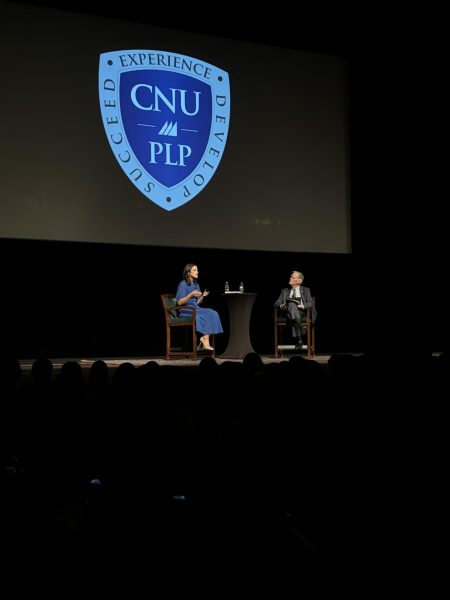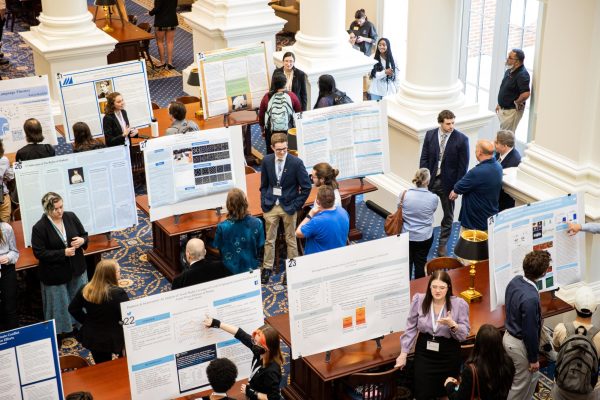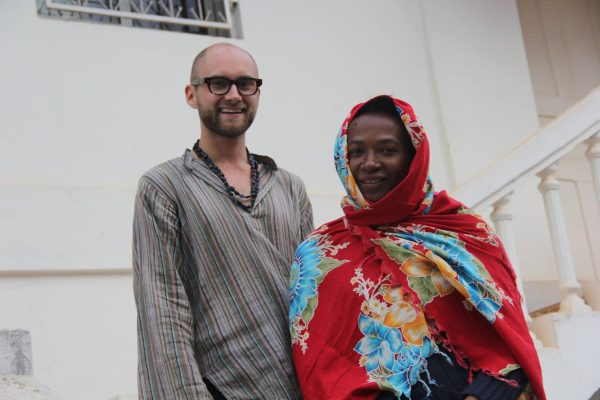The “Red Zone”
CNU Sophomore Shares What is Being Done on Campus to Prevent Sexual Assault
The term “redzone months” has been a suddenly popularized topic of discussion within the last few years in the collegiate world. Redzone months, for context, reside in August, September, October, and November. From the beginning of a colleges first semester, to the end of Thanksgiving break, individuals of all gender, sex, and race are more likely to be sexually assaulted on campus than any other time of the year. The main reason for this is due to the influx of freshmen arriving on college campuses who are more vulnerable, adjusting to a new environment, and participating in drug and alcohol use more often than before.
Studies found in The Center for Women and Families qualify that within these months, more than 50% of college sexual assaults overall occur. Understanding these statistics and the individuals who are targeted the most is merely the first step in creating notions to lower these rates.
On a national level, independent organizations and nonprofits such as the national sexual assult research center and the red zone research team located in Kings College have made an abundant amount of effort in spreading awareness on the realities of these four months, in addition to creating and donating to local, state, and national charities for victims in need.
Moreover, there has been a large sum of victims giving their own personal testimonies, aiding in humanizing the realities of college campus sexual assault, and providing ways to prevent it from happening to their viewers. Lastly, researchers at John Hopkins University dove into the processes of sexual assault situations on campus during the redzone months and curated a plan for bystanders called the 4D’s. The 4D’s represent the terms distract, direct, delegate, and delay. Each term has a specific set of instructions that would be best used under the circumstances of witnessing a sexual assault occur.
On a local level, Christopher Newport University’s student body has made continuous efforts in giving recognition to these four months. For example, former first lady Rosemary Trible founded a local philanthropy for sexual assault labeled “Fear 2 Freedom” after her own experience. This philanthropic club has given the opportunity for hundreds of students to be involved in delegating change.
With that, Christopher Newport University has also founded a club titled, “Where is the Line”, a global nonprofit organization which aims to end sexual abuse and help repair the lives of those personally victimized. Within Greek life, the Alpha Phi, Theta Phi chapter has combined their philanthropy with Rosemary Tribles “Where is the Line” foundation. With these efforts, they have planned and hosted many events geared towards justice and awareness for sexual assault on campus such as their “One Tough Cookie” event, occurring September 16th from 5-7pm on the Greek Lawn. These events gather all students both involved in greek life and unaffiliated to raise both funding for certain charities and apprehension on the terrible truths of the college experience.
Your donation will support the student journalists of Christopher Newport University. Your contribution will allow us to purchase equipment and cover our annual website hosting costs.

